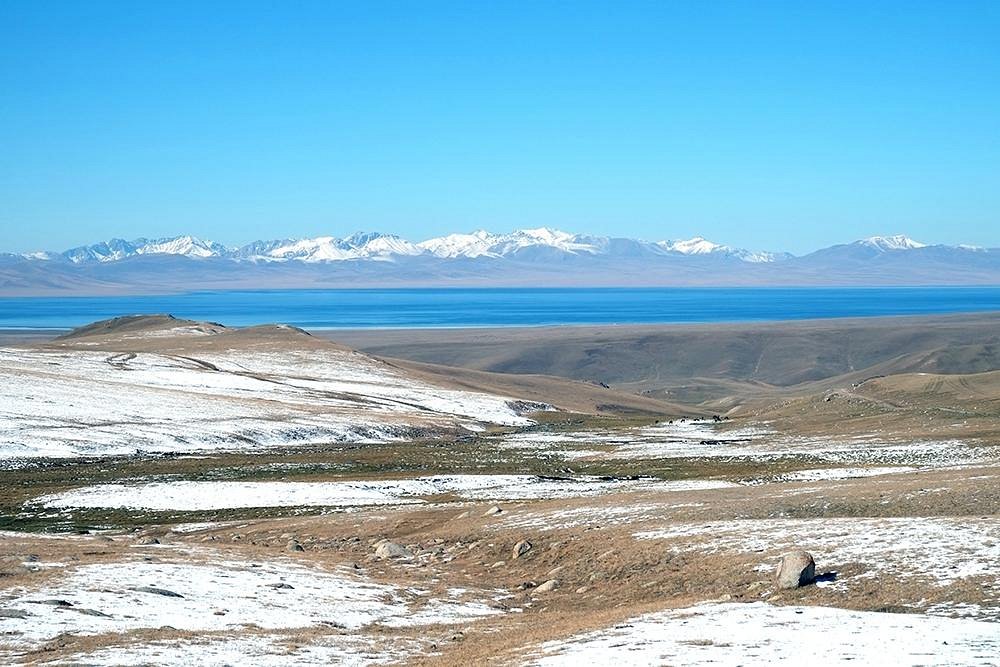

The history of tourism at Song Kol Lake, located in the Naryn region of Kyrgyzstan, intertwines with the cultural heritage and traditional nomadic lifestyle of the Kyrgyz people. This alpine lake, situated at an altitude of over 3,000 meters above sea level, has been a summer pasture (jailoo) for local shepherds for centuries.
While the lake was well-known among the Kyrgyz nomads, it was largely unexplored by outsiders until the late 20th century. During the Soviet era, Kyrgyzstan, being part of the USSR, received limited numbers of Soviet tourists who ventured into the area for its pristine nature and isolation. However, it was not until Kyrgyzstan's independence in 1991 that Song Kol began to emerge as a tourist destination.
Post-independence, the Kyrgyz government and local entrepreneurs began to recognize the potential of Song Kol Lake as a tourism hotspot. By promoting eco-tourism and supporting the establishment of traditional yurt camps along the lake's shore, they provided a unique opportunity for tourists to experience the nomadic lifestyle.
Over the years, Song Kol Lake has witnessed a gradual increase in popularity among both domestic and international travelers. The area's development was carefully managed to preserve its environment and cultural authenticity. The lake became a must-visit location for those interested in horseback riding, hiking, bird watching, and understanding the nomadic culture.
Today, Song Kol is part of many cultural and adventure tours in Kyrgyzstan. Tourism activities primarily focus on eco-friendly and sustainable practices, which include staying in yurts made from natural materials, dining on organic, locally-sourced food, and engaging in traditional games and customs. Recently, there has also been an increase in interest for winter tourism at Song Kol, with activities such as ice-fishing, skiing, and snowboarding.
The impact of tourism at Song Kol Lake has been significant on the local economy, with many residents finding employment in tourism-related services. The region has benefited from the infrastructural improvements that have come with increased tourism, such as better roads and communication facilities. These developments have made the lake more accessible while maintaining the natural and cultural integrity of the area.
While tourism has brought economic benefits to the Song Kol region, it also presents challenges such as the need for sustainable development and environmental conservation. The future prospects for tourism in the area are positive, with an emphasis on responsible travel and the continuation of traditional practices that have made Song Kol Lake an enchanting destination for travelers seeking authenticity and natural beauty.